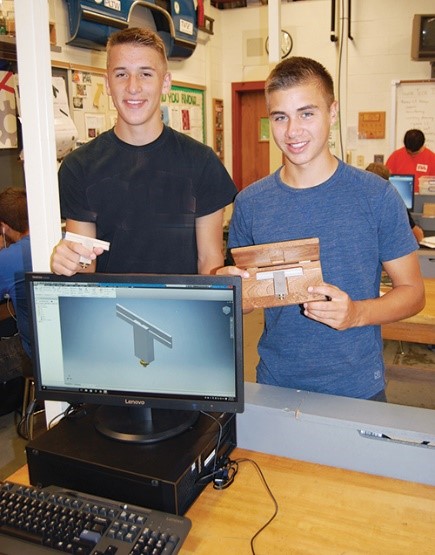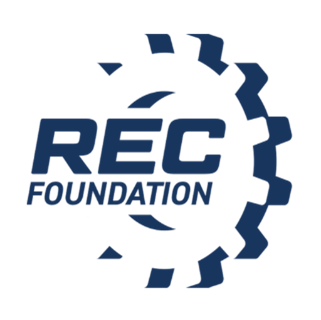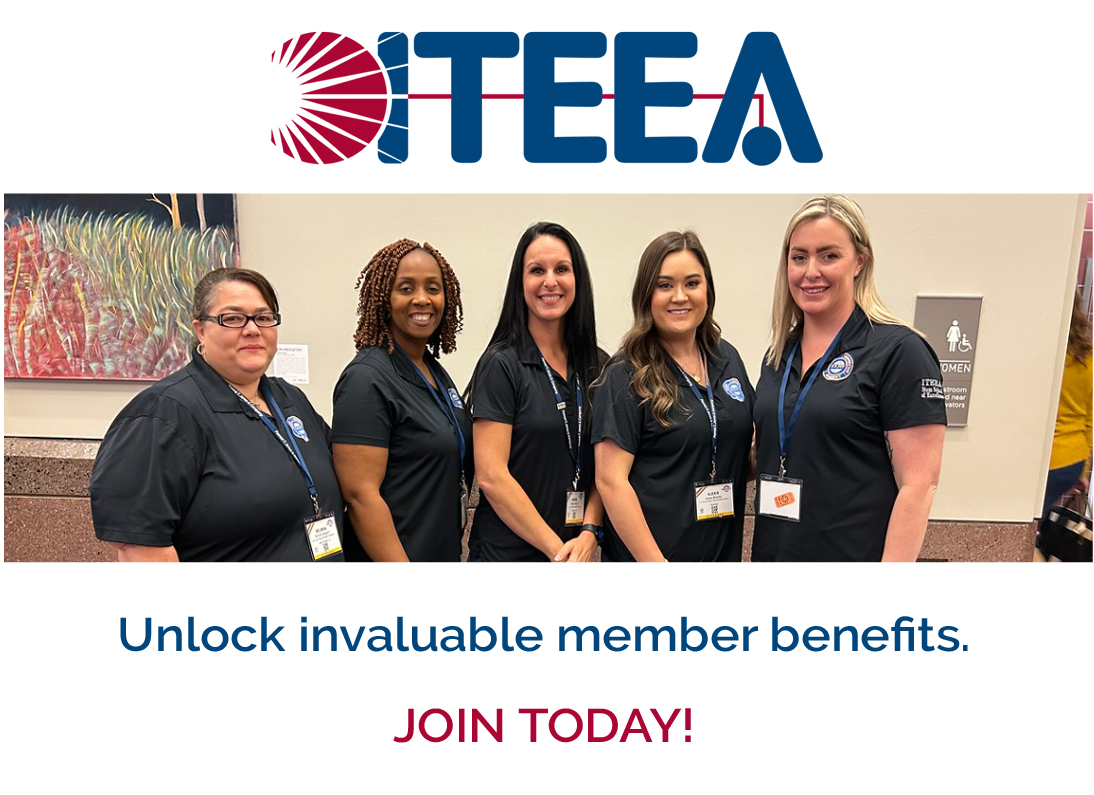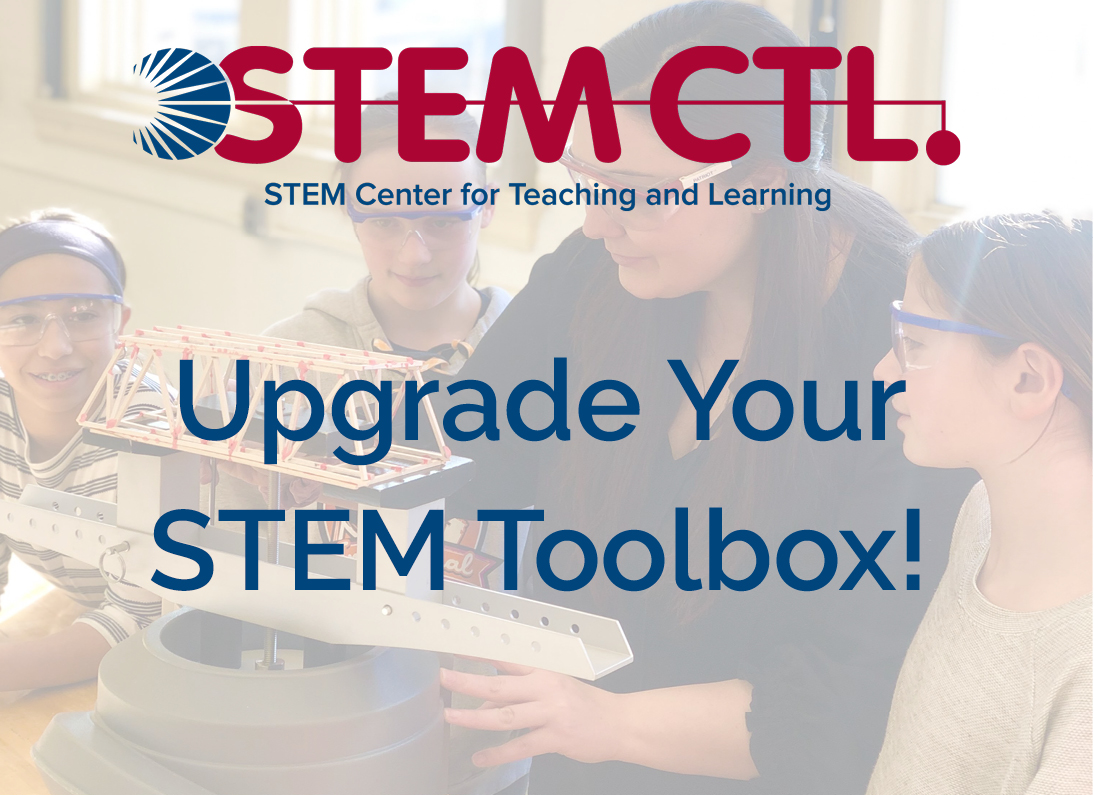Industry Certifications byDesign
 Our high school STEM curricula are directly aligned with industry demands, ensuring students acquire the skills and knowledge required for success in today’s technological landscape. By integrating real-world applications and industry standards into our courses, we prepare students for certification exams that are highly valued by employers. This alignment not only equips students with practical, hands-on experience but also ensures they are ready to meet the challenges of a rapidly evolving job market. Our programs are designed to foster critical thinking, problem-solving, and collaboration, making our students highly competitive and sought after in the STEM fields.
Our high school STEM curricula are directly aligned with industry demands, ensuring students acquire the skills and knowledge required for success in today’s technological landscape. By integrating real-world applications and industry standards into our courses, we prepare students for certification exams that are highly valued by employers. This alignment not only equips students with practical, hands-on experience but also ensures they are ready to meet the challenges of a rapidly evolving job market. Our programs are designed to foster critical thinking, problem-solving, and collaboration, making our students highly competitive and sought after in the STEM fields.

Onshape Certification byDesign: This 18 week course is structured into three units, each containing five learning cycles, a preliminary challenge, and a primary challenge. Students engage in modeling, assembly, and engineering drawing tasks, working collaboratively to design their own parts and assemblies. These hands-on challenges mirror the Onshape Associate Certification Exam, providing students with the necessary practice and skills to excel.

Autodesk Industry Certification byDesign Pathway: To encourage more students to work toward a selected industry credential while in high school, the Engineering byDesign™ Industry Certification Pathway was developed by ITEEA’s STEM Center for Teaching and Learning. By following the suggested pathway delineated in this document, educators can prepare students for a successful attempt at an industry certification through Certiport for the Autodesk software packages of AutoCAD, Revit, and Inventor. The Engineering byDesign™ Industry Certification Pathway includes the following courses: Foundations of Technology, Technological Design, Advanced Design Applications, Advanced Technological Applications, and Engineering Design.

REC Pre-Engineering Certification byDesign: This comprehensive 18-week course covers Robotics, Aerospace, Chemical, Civil, and Electrical Engineering, along with Computer Science/Programming and Manufacturing Technology. Students gain in-depth knowledge and practical skills, preparing them to take the REC Foundation’s certification exam. By mastering these areas, students can achieve industry certification before graduation, setting a strong foundation for their future careers in STEM fields.


